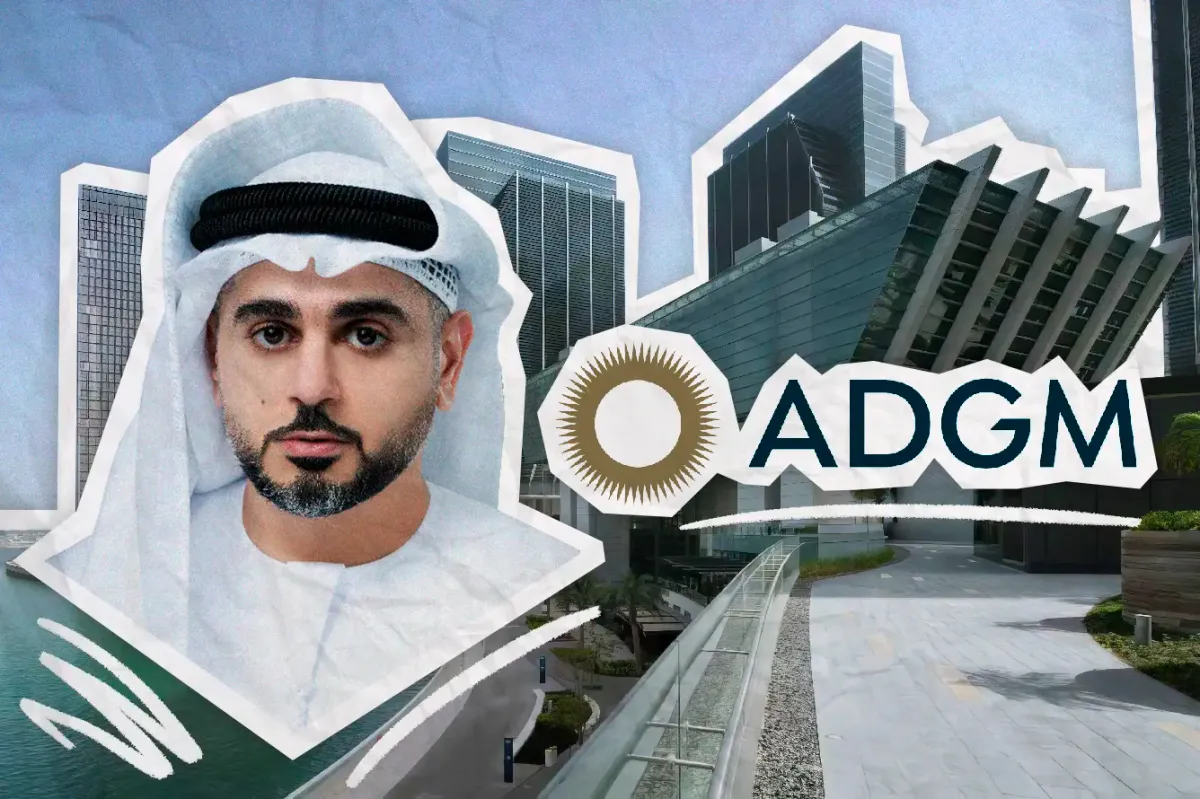
The Registration Authority of Abu Dhabi Global Market (ADGM) has introduced comprehensive regulations for Web3 organisations. The DLT Foundations Regulations make provisions for establishing and registering foundations that facilitate distributed ledger technology. A legal entity established under these regulations is intended to "use, deploy, develop, facilitate or support DLT or to issue Tokens."
According to an ADGM statement, the framework is designed to be suitable for blockchain foundations, Web3 entities, DAOs and traditional foundations seeking to enhance their operations through DLT.
"The new regime serves as a driving force for positive change in the digital assets sector. By transforming the blockchain and Web3 landscape, we are moving towards a future characterised by setting global benchmarks with enhanced transparency and efficiency," - said His Excellency Ahmed Jasim Al Zaabi, Chairman of the ADGM.
To establish a DLT foundation, the company will have to provide a set of documents, including a written Charter, a white paper, a tokenomics paper and a hyperlink to the DLT Framework. It must also disclose key figures’ identities and always have a registered office in the ADGM. All of the crucial information about a foundation should be added to the DLT Foundations Register and maintained as is relevant. The foundation cannot conduct any activity requiring Financial Services permission, and initial application fees total $9000.
Over the last few years, the UAE (especially Abu Dhabi and Dubai) has been trying to promote itself as the Virtual Asset hub for the world. The ADGM released a set of regulations for cryptocurrencies, ICOs and cryptocurrency exchanges back in 2018 (while many Western countries still struggle to achieve this in 2023). Dubai launched its Blockchain Strategy in 2016 and Metaverse Strategy in 2022, aiming to become “one of the world’s top 10 metaverse economies.” In spring 2022, the emirate also established VARA, an independent regulator for virtual assets responsible for creating an advanced legal framework.
Recently, Coincub named the UAE the best country in which to hold cryptocurrencies, while many crypto companies’ executives have pointed out that the UAE regulators are way ahead of those in other regions, and that the clear and advanced crypto framework may promote the country as an international crypto hub. Many crypto exchanges, such as Binance, Crypto.com , Coinbase and yet-to-be-launched Backpack, have shown interest in the region and are trying to secure local licenses.
Lately, it has become obvious that there is a dire lack of clear crypto regulation in the majority of countries, so the ones who do manage to provide this will have a head start in this rapidly developing sphere. At the moment, the UAE seems to be keeping up with the leaders.

